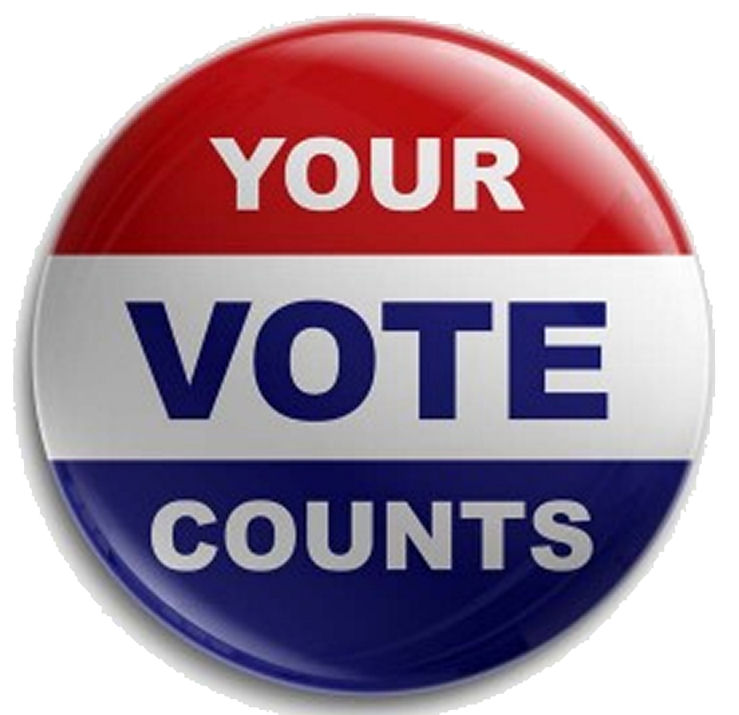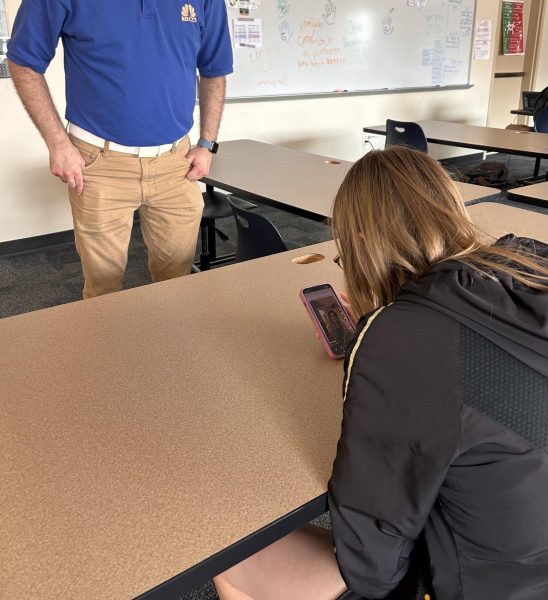Beginner’s guide to voting
The Echoes takes you through what you need to know.
Every four years in the United States, there is a Presidential election where we as citizens vote for the next leader of our country. Every two years, there is a Congressional election, better known as midterm elections. In 2022, halfway through President Biden’s term, the Congressional election will take place on Tuesday, November 8, with the Iowa primary taking place on Tuesday, June 7.
Primary elections are the preface to large, national elections. In these elections, nobody is elected, only nominated. Primaries are also quite different from regular elections in the sense that only declared Democrats and Republicans can vote, and only for the candidates from their party. This is to see who the voters want to hold the nomination to represent their party come November. If independent voters wanted to vote in the primary, they would have to re-register to vote and declare themselves as either Democrat or Republican.
Although these elections hold quite a large significance, only 40% of eligible voters take part in midterms. Part of this issue is that many people don’t understand why midterm elections are so important.
These elections are primarily focused on the two chambers of Congress, the U.S. Senate and the House of Representatives. In the House, Representatives only serve two-year terms, therefore every seat in the House is up for reelection. On the other hand, Senators serve six-year terms, meaning that every two years, a third of the Senate is on the ballot.
These elections hold a large importance seeing as so much of Congress is up for reelection. Whichever party gains control of the Senate and the House can easily control what bills pass and what doesn’t. If a president wants their agenda to move further and eventually pass into law, it is pivotal that their party holds the majority of seats in Congress.
In 2022, there will also be many states voting for governor, including Iowa. Gubernatorial elections typically take place during midterm elections with a few exceptions, such as in New Hampshire and Vermont. Current Iowa governor, Republican Kim Reynolds, is running for reelection yet not unopposed. Democratic candidate Deidre DeJear is running for the position as well as Libertarian candidate Rick Stewart.
While it’s easy to hear names and what position they’re running for, it’s not always clear what a candidate stands for and why they’re running, which is why it is crucial for new voters and experienced voters alike to have access to resources that will provide easy answers.
ballotpedia.org — This website provides easy to find information about who is running for what position in your county, district, state, and on the national level.
- The site offers a choice to “preview your ballot” for certain elections. From here, people are allowed to put their addresses in to see candidates running to represent them.
- When someone clicks on a candidate, they are taken to their history on past elections, a small description of their upbringing, as well as a survey filled out by the candidate on what issues are most important to them. In this survey, they also answer questions about what they promise to do if elected.
astartingpoint.com — This website provides interviews with current elected officials in every state and what they stand for on certain issues.
- The site was started by actors and activists Chris Evans and Mark Kassen as well as Joe Kiani with the purpose “to create a bipartisan channel of communication and connectivity between Americans and their elected officials with the goal of creating a more informed electorate,” according to the mission statement on the site.
- If someone has a question about a topic in politics such as gun control, education, tax cuts, etcetera, they can click on the “Starting Points” tab and get answers directly from the mouths of elected officials.
vote.org — The site provides deadlines for voter registration and a direct link to the registration site in every state.
- Acting as a landing pad for all questions about voter registration, the website provides information about voters’ rights, helps to locate an individual’s polling place, and a direct link to request an absentee ballot if you won’t be in town for the election.
When it comes time to show up at the polling place, voters must make sure to bring their photo ID with them if they hadn’t registered beforehand. In some states, like Iowa, voters don’t need to bring an ID if they’ve voted previously. All they must do is sign an oath stating that they are who they say.
Yet some people aren’t able to make it to the polling place in person. Whether this is due to illness or after moving to college, voters are able to request an absentee ballot.
Especially in tense times such as we are in now, it’s important now more than ever to register to vote and make your voice heard.







